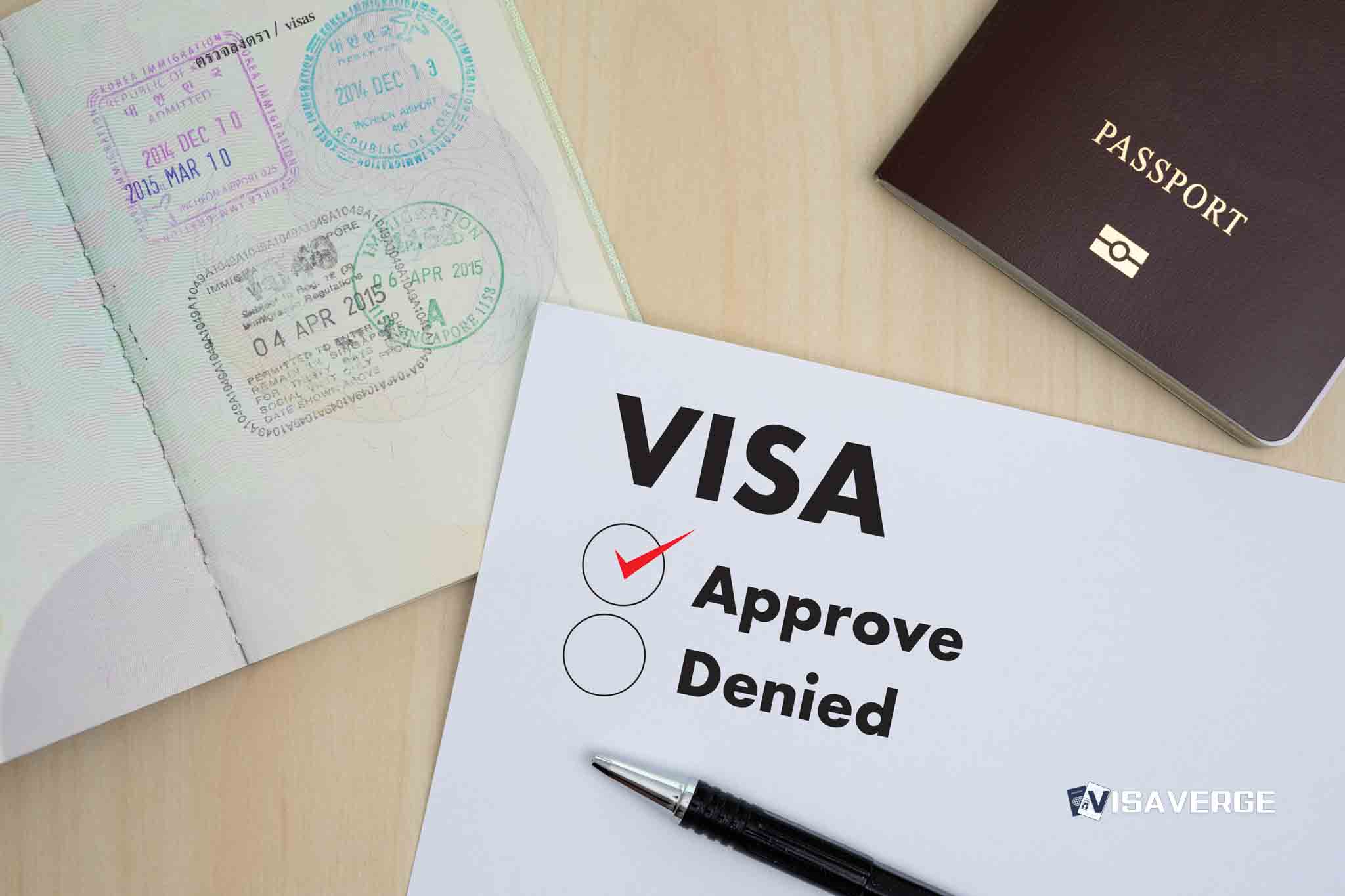Can You File an I-140 Without a Sponsor?
It’s a question many skilled professionals ask when eyeing the opportunity to live and work in the United States: “Can I file for an I-140 without a sponsor?” The short answer is, yes, it is possible under certain circumstances. Here’s what you need to know about self-petitioning for an employment-based Green Card.
Understanding Self-Petition I-140
The I-140 form, known as the Immigrant Petition for Alien Worker, is typically filed by an employer on behalf of a prospective employee, serving as a foundational step in obtaining an employment-based Green Card. However, certain individuals with exceptional abilities or who are granted a National Interest Waiver (NIW) have the option to file a self-petition I-140.
Who Qualifies for I-140 Self-Petition?
To self-petition for an I-140, you must fall into one of these two categories:
- Individuals with Extraordinary Ability (EB-1A)
These are individuals at the top of their field, whether it be in science, arts, education, business, or athletics. To qualify, you must meet at least three out of the ten listed criteria or provide comparable evidence of continuous national or international acclaim.
- National Interest Waiver (NIW) Applicants (EB-2)
If you seek employment in an area of substantial intrinsic merit to the U.S., and your work benefits the nation, you might be eligible for a NIW. This waives the labor certification requirement and, subsequently, the need for an employer sponsor.
Benefits of Filing an I-140 Without a Sponsor
Self-petitioning comes with significant advantages, such as:
- Autonomy: Greater control over your immigration journey without reliance on an employer.
- Mobility: Flexibility to change jobs or employers without affecting the status of your Green Card application.
How to File an I-140 Self-Petition
The process of filing an I-140 without a sponsor is akin to the standard method, but with you as the petitioner. You need to:
- Gather Documentation: Assemble evidence of your extraordinary abilities or national interest qualifications.
- Complete I-140 Form: Fill out the form carefully and accurately.
- Submit the Petition: Send your application along with the required fee and supporting documentation to the United States Citizenship and Immigration Services (USCIS).
For detailed guidance on the filing process, please consult the official USCIS website here.
Challenges and Considerations
While the self-petition route is attractive, it also holds challenges. Not everyone meets the high standards required for EB-1A or NIW categories, and gathering sufficient evidence can be demanding. It is often recommended to consult with an immigration attorney to evaluate your eligibility.
Conclusion
In conclusion, filing an I-140 without a sponsor is a viable pathway for obtaining an employment-based Green Card if you have exceptional abilities or qualify for a National Interest Waiver. It provides a unique opportunity to leverage your skills for autonomous immigration to the U.S. Robust preparation and a clear understanding of the stringent requirements will be your allies in this process.
Embarking on a journey of pursuing an employment-based Green Card independently is challenging, yet it can be a deeply rewarding path to U.S. residency. Be sure to stay informed and consider enlisting expert assistance to navigate this complex process.
So there you have it, my friend! Filing an I-140 without a sponsor is totally possible if you’re an exceptional genius or your work benefits the nation. The perks include more control and job flexibility, but it’s no walk in the park. That’s where visaverge.com comes in, my cool tech-savvy friend! Check it out for more tips, tricks, and guidance on all things immigration. Happy exploring!
FAQ’s to know:
FAQ 1: Can I file for an I-140 without a sponsor?
Yes, you can file for an I-140 without a sponsor under certain circumstances. Individuals with extraordinary abilities (EB-1A) or those eligible for a National Interest Waiver (NIW) in the EB-2 category can self-petition for an I-140 without the need for an employer sponsor.
FAQ 2: Who qualifies for I-140 self-petition?
To qualify for I-140 self-petition, you must fall into one of two categories:
1. Individuals with Extraordinary Ability (EB-1A) who excel in their field and meet at least three out of the ten listed criteria or provide comparable evidence of national or international acclaim.
2. National Interest Waiver (NIW) applicants (EB-2) who work in areas of substantial intrinsic merit to the U.S. and whose work benefits the nation. This category waives the need for a labor certification and employer sponsor.
FAQ 3: What are the benefits of filing an I-140 without a sponsor?
Filing an I-140 without a sponsor through self-petitioning offers several benefits including:
– Autonomy: You have greater control over your immigration journey without relying on an employer.
– Mobility: You can change jobs or employers without affecting the status of your Green Card application, providing flexibility in your career path.
What did you learn? Answer below to know:
-
What are the two categories of individuals who can file a self-petition I-140 without a sponsor?
a) Skilled professionals and entrepreneurs
b) Individuals with extraordinary ability (EB-1A) and National Interest Waiver (NIW) applicants (EB-2)
c) Students and researchers
d) Artists and athletes -
True or False: Filing an I-140 without a sponsor provides greater autonomy and the ability to change jobs or employers without affecting the Green Card application.
a) True
b) False -
What are the recommended steps to file an I-140 self-petition without a sponsor?
a) Consult an immigration attorney, gather documentation, and complete I-140 form.
b) Complete I-140 form, submit the petition, and gather documentation.
c) Consult an immigration attorney, submit the petition, and complete I-140 form.
d) Gather documentation, consult an immigration attorney, and submit the petition.














